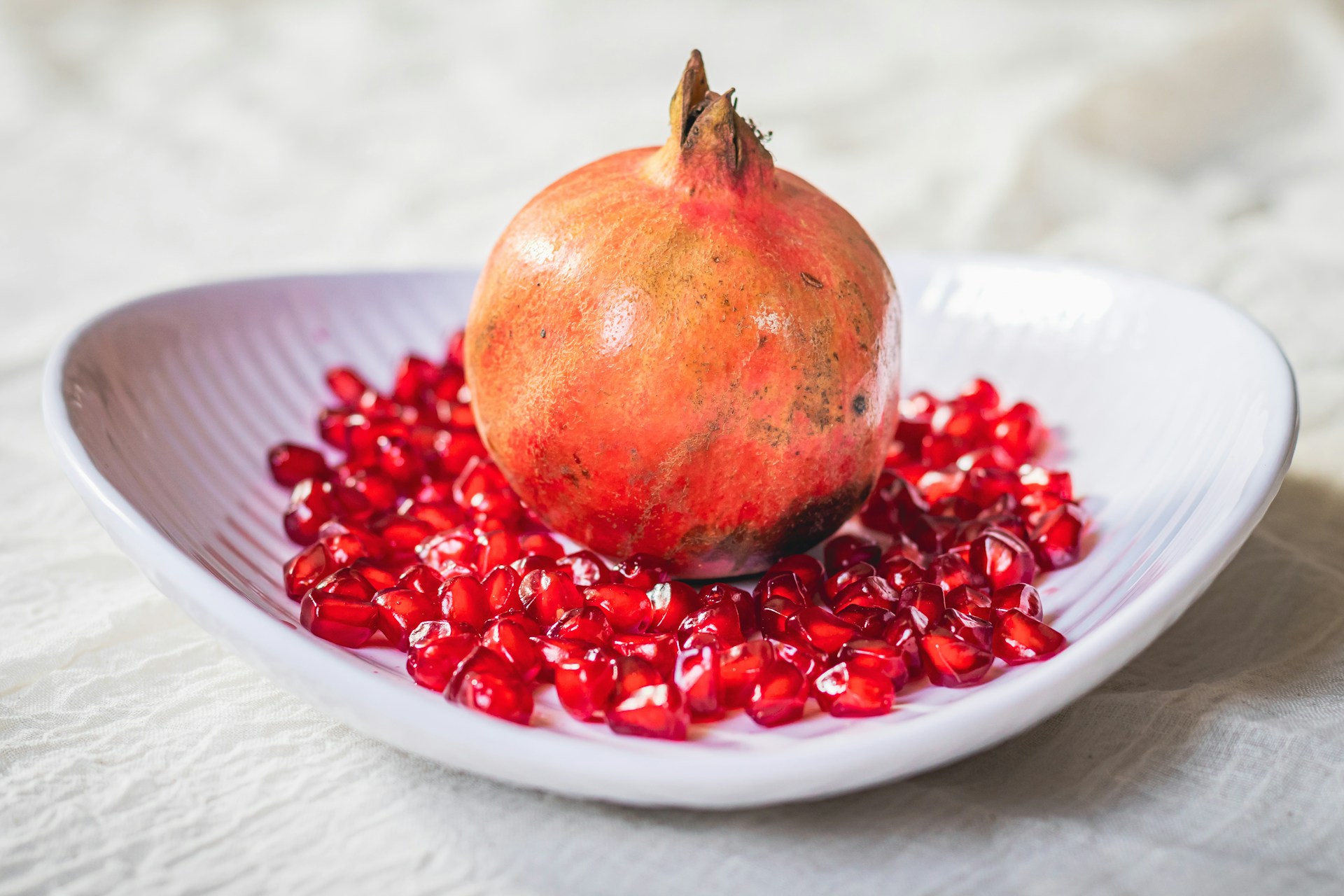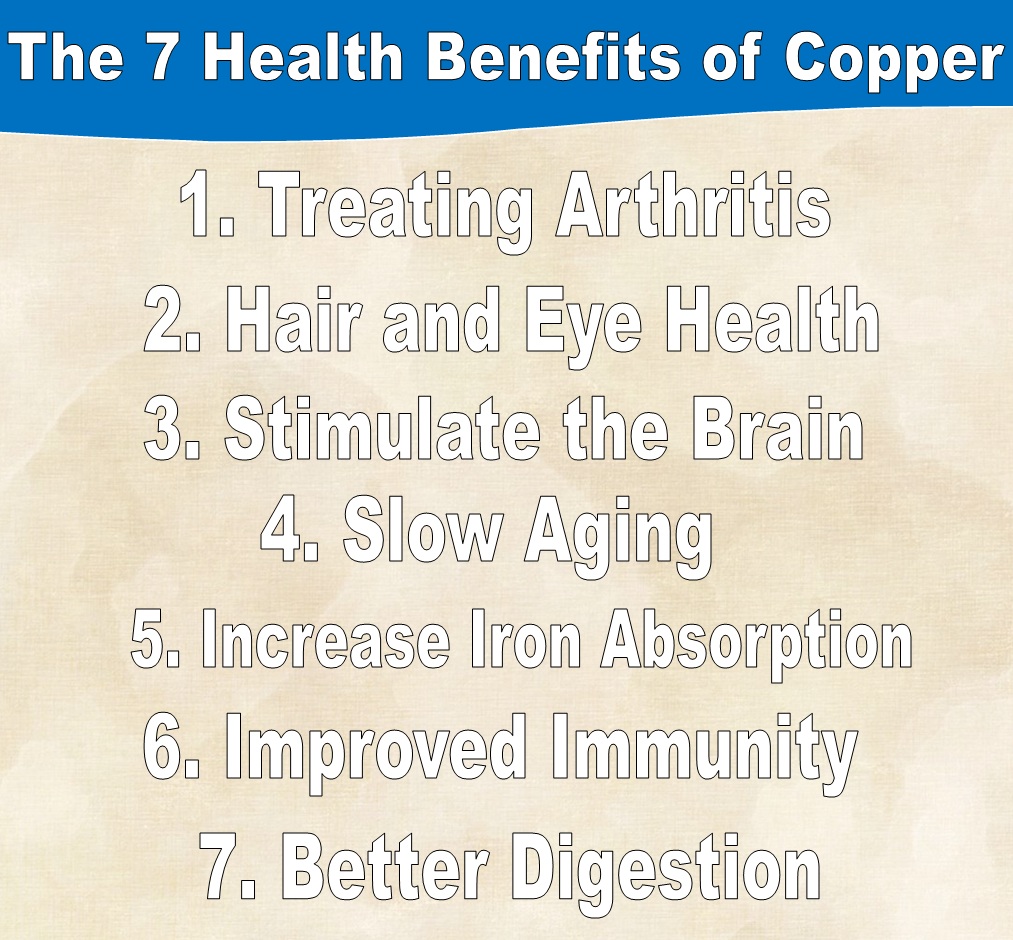Vitamin B2 (riboflavin) – Facts and What Can Do For Your Health
Water soluble. it is easily absorbed. The amount that is secreted depends on the body’s needs, and the secretion can be accompanied by a loss of protein. Like other B vitamins, it is not stored in the body and must be supplemented regularly with whole foods or via vitamin supplements. It is also known as vitamin G and is measured in milligrams (mg). Unlike thiamine, riboflavin is not destroyed by heat, oxidation, or acid.
The daily requirement for normal adults is 1.2 to 1.7 mg. Slightly higher doses are recommended during pregnancy and breastfeeding. In stressful situations, the need for it increases.
What vitamin B2 can do for you:
- It supports growth and fertility.
- Contributes to the health of the skin, nails, and hair.
- It helps the healing of wounds in the mouth, lips, and tongue.
- Improves vision, and relieves eye fatigue.
- It acts with other substances on the metabolism of carbohydrates, fats, and proteins.
Diseases caused by lack of Vitamin B2:
- Sores in the mouth, lips, skin, and genitals.
The best natural sources of vitamin B2:
- Milk, liver, kidneys, yeast, cheese, leafy green vegetables, fish, eggs.
Toxicity:
No known toxic effects. Possible symptoms of a minor overdose include itching, numbness, and a burning or tingling sensation.
Enemies:
Light – especially ultraviolet light – and bases destroy riboflavin. (non-transparent packaging for milk now protects riboflavin, which was destroyed in transparent glass bottles.)
Other natural enemies are water (B2 dissolves in cooking liquids), sulfonamide preparations, estrogen, and alcohol.
Personal advice
If you take contraceptive pills, if you are pregnant or lactating, you need more vitamin B2. You should increase the dose if you eat a little red meat (beef, veal, lamb, and pork) or dairy products.
There is a high probability that you are deficient in this vitamin if you follow a prolonged restricted diet due to stomach ulcers or diabetes. (U svim slucajevima kada ste podvrgnuti lecenju zbog neke odrezdene bolesti , proverite sa svojim lekarom pre no sto izmenite postojeci rezim ishrane ili predzete na neki drugi.)
All stressful conditions require additional amounts of B-complex vitamins. This vitamin works best with vitamin B6, vitamin C, and niacin. If you are taking an antineoplastic (anticancer) drug, such as methotrexate, too much vitamin B2 can reduce the effectiveness of the drug.














Post Comment